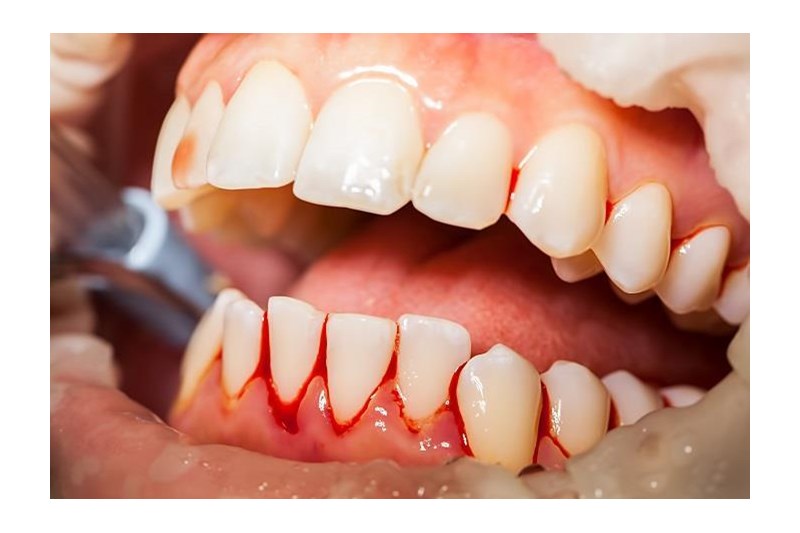Denplan releases new oral health consumer survey
Published: 09/03/2022
Denplan, part of Simplyhealth, has discovered worrying trends in the nation’s oral health as part of its comprehensive Consumer Oral Health Survey[1] published in a recent report.
Denplan runs a comprehensive annual[2] consumer survey which provides invaluable insights into how often people visit the dentist, their oral health habits, what’s important to them from their dental practice, and much more.
Key headlines on attendance
This year research shows that 20 per cent of UK adults are not visiting dentists regularly (less than every two years), with almost one in three never having had a scale and polish with the hygienist. Fear (31 per cent) and affordability (29 per cent) are still key reasons people don’t go, with nearly a third (30 per cent) only visiting the dentist when in pain.
Confidence in surgery hygiene (90 per cent), the dentist ensuring the health of their teeth and gums (92 per cent), and trust (91 per cent) in their dentist continue to be the most important factors to patients when choosing a dentist, with trust and quality of care rated significantly higher by private patients.
“Our research enables us to keep ahead of dental trends, looking at access, oral health routines and habits. Whilst this year does show some similarities from previous years in terms of what patients value from their practice, there are also significant differences.
“Interestingly, offering a range of payment options is up by nearly ten percent in importance in reasons why to choose a dentist since our last survey in 2019. With a significant number of adults not having check-ups as they don’t think it’s worth the money – now is a real opportunity for practices to flag their various payment options” says Catherine Rutland, clinical director at Denplan.
Pandemic impact
With a gap since our 2019 survey, our research has been able to show clear pre-pandemic to post-lockdown behaviours. The Covid-19 pandemic has had negative consequences for more than one in three patients, largely, but not exclusively, because of postponed or delayed dental appointments.
Further research[3] also showed that around a quarter (24 per cent) of UK adults have missed seeing their dentist in person and 10 per cent say their reliance on their dental team has increased.
Catherine continued, “The coronavirus pandemic has exposed – and in many cases exacerbated – the issues facing mixed and private dental practices across the UK. Despite nearly two years of practice teams doing tremendous work in meeting patient care needs and carrying out treatments under challenging circumstances, access is still hard. Even more so for NHS patients, who in our research show to be attending less regularly than private patients.
“Looking ahead, financial pressures because of the pandemic, as well as patients being out of the routine of regular attendance, will all have an impact. But we are also seeing patients valuing their health more in light of the pandemic, with nearly a third saying they are more likely to visit the dentist as a result. This opens a real opportunity for practices to reach out to these patient groups.”
Oral health habits
The survey also looked at the nation’s oral health habits, with only half of adults (51 per cent) brushing for the recommended two minutes or more. Up to 20 per cent of adults (25-34-year-olds) admit to sharing a toothbrush with another person and around a quarter of adults (23 per cent) don’t floss or clean between their teeth, as it makes their gums bleed or hurt. Nearly one in five (19 per cent) have taken time off work due to dental pain.
Some of the other worries consumers have about their oral health are tooth loss (37 per cent), gum disease (36 per cent) and tooth decay (37 per cent). One in ten of adults are most concerned about how their teeth look in photos. A shocking 23 per cent of UK adults say they don’t show their teeth when they smile, 13 per cent say they have low confidence issues because of their teeth and 8 per cent avoid socialising because of the way their teeth make them feel.
Commenting on these figures, Louis Mackenzie, Denplan’s head dental officer, said, “As dental professionals we know the detrimental impact of patients not maintaining a good oral health routine. Our research is sadly showing a ten percent drop, compared to our 2019 survey, in both adults who brush twice a day, but also for the recommended two minutes. Nearly a quarter indicate they don’t floss or use interdental brushes, as it makes their gums bleed– a possible warning sign of gingivitis.
“It’s encouraging to see the World Health Organisation has published a global strategy on oral health, helping to flag the issues of the world’s most common diseases: tooth decay and gum disease and also the increase of erosive tooth wear. As dental professionals we all play a part in driving this strategy forward.”
Read the Consumer Oral Health Report, with more in-depth figures and other topics, such as links between oral health and general health, mouth cancer and children’s oral health.
[1] Survey data of 5,060 adults conducted by DeltaPoll on behalf of Simplyhealth, undertaken October 8-11, 2021. The figures have been weighted and are representative of all UK adults (18+).
[2] The Consumer Oral Health Survey was paused in 2020 due to the Covid-19 pandemic.
[3] This data is from an additional online survey data of 2,008 UK adults (18+) conducted by Research without barriers on behalf of Simplyhealth, undertaken October 6-8, 2021.
Author: N/A









.jpg?width=150&height=100&scale=canvas)



